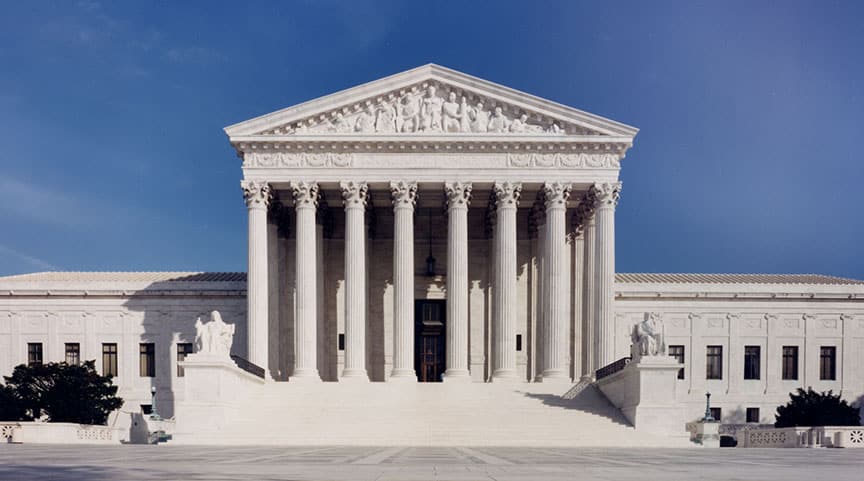On February 21, the U.S. Supreme Court issued a unanimous decision in support of a whistleblower in a False Claims Act (FCA) case which had threatened to narrow the scope of the law and the ability of whistleblowers and the government to hold fraudsters accountable.
In Wisconsin Bell Inc. v. U.S. ex rel. Heath, the Supreme Court ruled that a whistleblower’s qui tam lawsuit alleging that Wisconsin Bell defrauded the Federal Communications Commission’s E-rate program may proceed because there are false claims at issue.
“This is an important victory to uphold the whistleblower (or qui tam) provisions of the False Claims Act,” says whistleblower attorney David Colapinto, founding partner of Kohn, Kohn & Colapinto. “Fraudsters should be on notice that whenever they commit fraud against a government program enacted by Congress, whistleblowers are empowered to report and pursue fraud cases to protect the taxpayers and consumers who depend on federal programs like the E-Rate program.”
Wisconsin Bell had argued that there was no FCA liability in the case because the E-rate program, a Congressionalyl-mandated program to help certain schools and libraries afford internet and telecommunications, is administered by a private nonprofit organization and is funded by government-mandated payments made by private telecommunications carriers into the Universal Service Fund (USF).
The Court ruled, however, that because the U.S. Treasury had in fact provided $100 million to the USF, the federal government did “provide” a portion of the funds at issue and the whistleblower’s allegations are thus covered under the FCA.
The Court decided to not weigh in on the broader question as to whether all the funds in the USF are covered under the FCA given that Congress mandates that telecommunications companies pay money into the fund and the FCC controls how the money is spent.
In a short opinion, Justices Kavanaugh and Thomas once again raised questions about the constitutionality of the False Claims Act’s qui tam provisions, writing that “the [False Claims] Act’s qui tam provisions raise substantial constitutional questions under Article II… in an appropriate case, the Court should consider the competing arguments on the Article II issue.”
“While this decision is a clear win for whistleblowers and accountability, it is concerning that two Justices raised the issue of constitutionality of the qui tam provisions even though that issue was not before the Court in this case,” says Colapinto.
In September 2024, a district judge in Florida ruled that the False Claims Act’s qui tam provisions were unconstitutional. In response, the federal government is urging the U.S. Court of Appeals for the Eleventh Circuit to reverse that decision, stating in a brief that “other than the district court here, every court to have addressed the constitutionality of the False Claims Act’s qui tam provisions has upheld them.”
National Whistleblower Center has issued an Action Alert allowing whistleblower supporters to write the members of Congress urging them to protect and strengthen and protect the False Claims Act.
